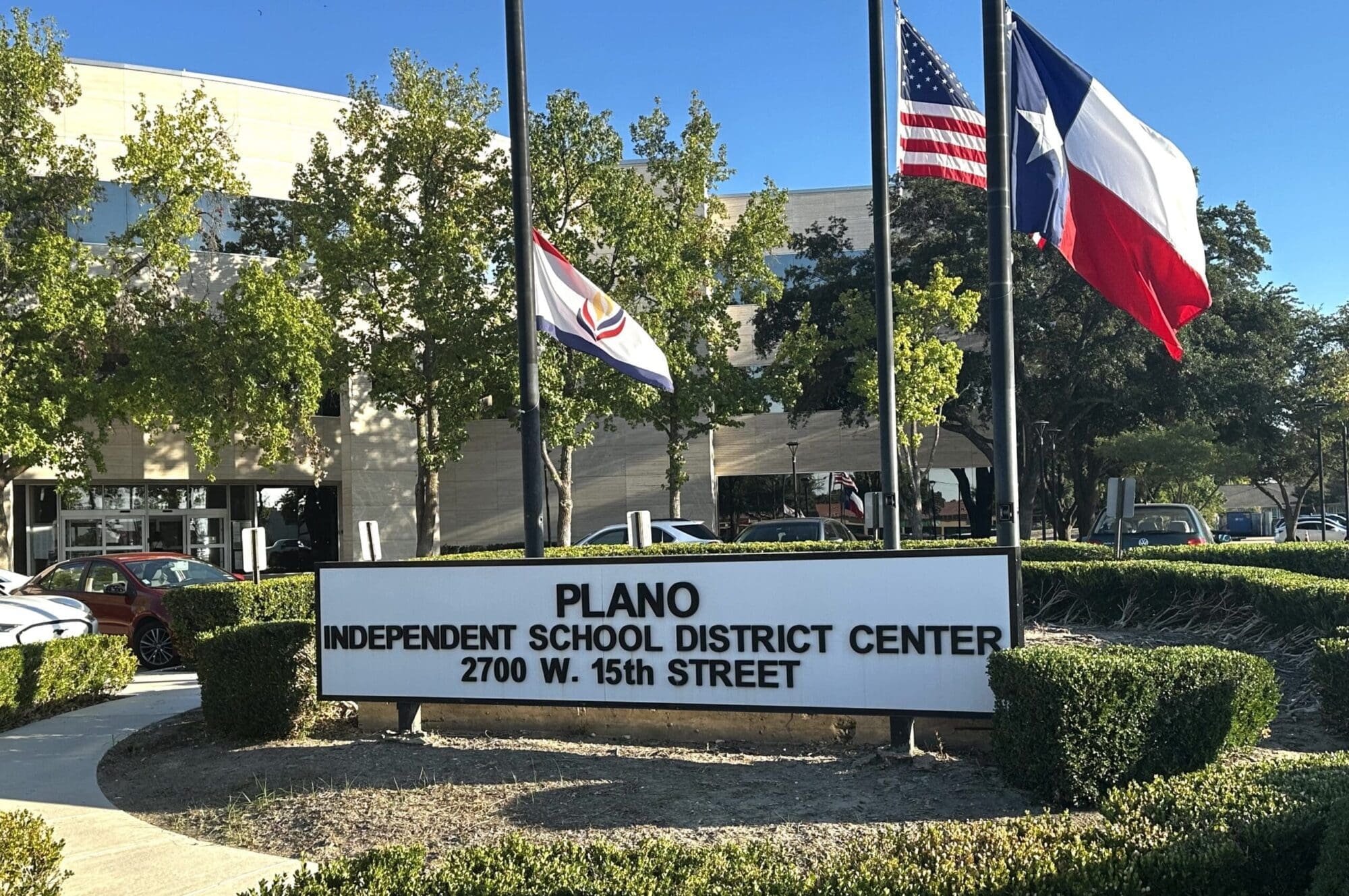Judge Melissa Andrews of Texas’ newly established Business Court has declined to require disclosure of hidden corporate interests allegedly involved in rigging the Texas Lottery. This raises questions about whether the court prioritizes secrecy over accountability.
As previously reported by Texas Scorecard, the lawsuit arose from Jerry Reed’s $7.5 million Lotto Texas jackpot in May 2023. One month prior, Rook TX—a New Jersey-based company—claimed a $95 million jackpot after allegedly misrepresenting its date of formation in violation of Texas law.
The $95 million jackpot was won after a buying cabal spent $25 million buying nearly all possible number combinations using iPads and iPhones to generate selections, a pattern of play that’s been called rigging.
Not only is Reed’s legal team asserting that he is entitled to the $95 million, but they are simultaneously attempting to expose a potential money laundering scheme.
Reed alleges that Rook TX was only created “to hide the identity of the defendant-conspirators who rigged the lottery.”
Therefore, Reed filed a motion to compel corporate disclosure under Local Rule 4(b), which would require Rook TX to file an amended corporate disclosure statement that identifies “all individuals and entities” with a financial interest in the outcome of this case.
One goal of the motion is to determine whether there are any conflicts of interest.
Judge Andrews decided on Wednesday that she was not going to force Rook TX’s corporate disclosure, both granting and denying in part Reed’s motion to compel.
“The Corporate Disclosure Statement is a tool for the Court to assess potential conflicts of interest,” reasoned Judge Andrews. “If the Rook Entities’ limited partners and members include only natural persons and/or other parties to this case, no further action is needed for the Court to assess potential conflicts.”
Judge Andrews did state that “If the Rook Entities’ limited partners or members include business entities that are not parties to this case, the Rook Entities must update their Corporate Disclosure Statements to identify those entities by name on or before August 13, 2025.”
However, Rook TX was also provided an excuse not to disclose such entities.
Judge Andrews stated that if Rook TX has numerous corporate investors or business partners who are not directly involved in the lawsuit, those investors can be described simply as “multiple LLC members” for instance, rather than requiring a detailed, individual list of all their names in court documents.
This decision comes in the Business Court’s infancy, as it began accepting cases in September 2024. Many eyes are on the Court, attempting to determine whether it will serve Texans or special interests.
Rook TX’s Rule 91a motion to dismiss is still up for consideration. The rule states that a party may move to have a case dismissed “on the grounds that it has no basis in law or fact.” Rook TX argues that Reed “fails to show how he is entitled to the lottery proceeds.”
A hearing on the motion to dismiss is scheduled for August 18 at 10 a.m.
Business Court judges are appointed by Gov. Greg Abbott for two-year terms. Should he desire, the governor may reappoint these judges for additional two-year terms.
Reed originally filed the lawsuit in the 353rd District Court in Travis County. Rook TX removed the case to the Third Business Court Division in Austin by submitting a notice of removal. Reed subsequently filed a motion to remand the case back to the district court but was denied.
As previously reported, Reed’s team did not want the case to be heard in the Business Court because it “is a newly created court of limited jurisdiction and its jurisdiction over the subject matter is not clear.”
The Texas Lottery has come under scrutiny in recent years after it was the subject of scandal.
Lt. Gov. Dan Patrick has described the Texas Lottery as “probably the biggest money laundering scheme in the country” after the $95 million jackpot at the center of Reed’s case was purchased by an international gambling syndicate.
Attorney General Ken Paxton expressed a similar sentiment in February.
“I’m deeply concerned about the integrity of our state’s lottery system, especially when it appears that non-citizens have shown that they are attempting to rig the system to win on demand,” said Paxton. “Texas citizens deserve far better than bad actors getting rich off of a lottery system that is open to exploitation, and we will hold anyone who engages in illegal activity accountable.”
The statement came from Paxton’s announcement that the Texas Rangers were to reportedly investigate the incident. Since the announcement, no updates have been made public.
Reed’s legal team refused to comment on pending litigation. Rook TX and Gov. Abbott’s office did not respond to Texas Scorecard’s requests for comment in time for publication.
If you or anyone you know has information regarding judicial malfeasance, please contact our tip line: scorecardtips@protonmail.com.





